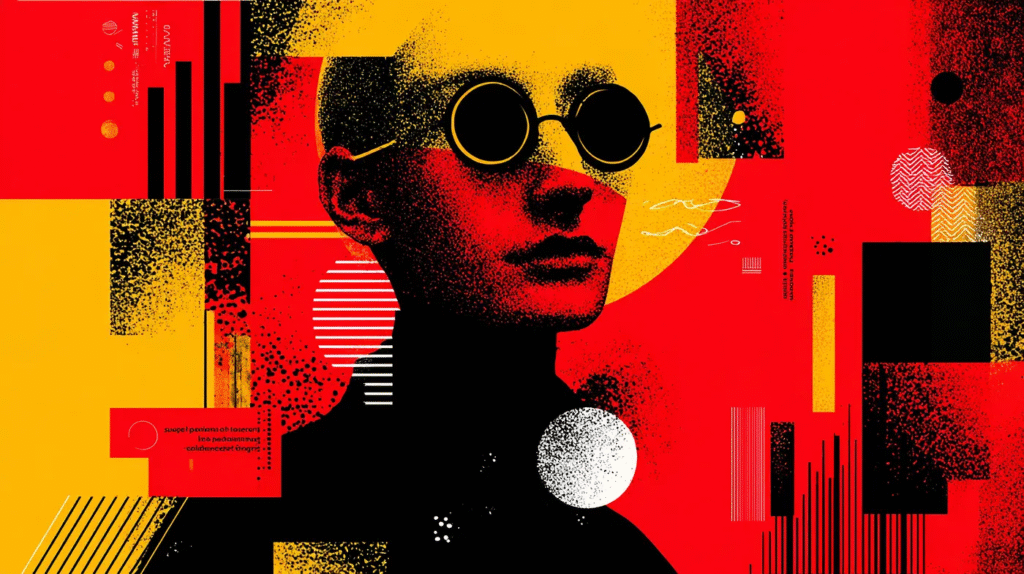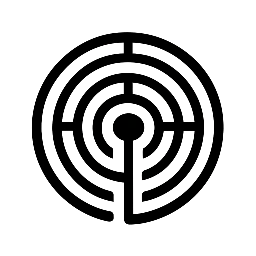
Youtube: MindMaze with Gari
Picture this. You wake up, grab your phone, and immediately start curating the perfect version of your morning for Instagram. Your coffee looks artisal. Your messy hair is strategically tousled, and your smile hides the fact that you checked your phone 47 times before your feet even hit the floor. Welcome to what French philosopher John Bodilard would call the simulacra, a world where the copy has become more real than reality itself. Today, we’re diving deep into how to reclaim your authentic self in a world that profits from your performance. And trust me, by the end of this video, you’ll never look at your social media feed the same way again. Let’s start with a mindbending question that Bojelard would absolutely love. When was the last time you experienced something without immediately thinking about how to package it for others? That pause you just felt, that’s your authentic self trying to speak up from beneath layers of digital conditioning. Bodriard introduced us to the concept of simulation. The idea that we’ve created copies of reality that have become more appealing and seemingly more real than actual reality. Think about it. We spend hours perfecting our online personas while our real lives feel increasingly hollow. We chase the high of likes and comments while genuine human connection feels more elusive than ever. But here’s where it gets really interesting. Bodriard wasn’t just critiquing social media. He was writing about this phenomenon decades before Instagram existed. He saw how consumer culture was already creating a world of symbols and images that replaced authentic experience. We weren’t just buying products. We were buying the idea of who we could become. Fast forward to today and his predictions have materialized in ways he probably never imagined. We’re not just consuming images of the good life. We’re constantly producing them. Every moment becomes content. Every experience becomes a potential post. We’ve become both the producer and consumer of our own simulated reality. So, how do we break free from this cycle? How do we find authenticity in a world designed to keep us performing? The first step is recognizing what Bodriard called the procession of similecra, the process by which copies proceed and eventually replace the original. In practical terms, this means questioning everything you think you know about yourself. Are your goals actually your goals or are they borrowed from someone else’s highlight reel? Are your interests genuine or are they curated for maximum social approval? I want you to try something right now. Think about the last thing you were genuinely excited about. Something that made you lose track of time, something you did purely for the joy of doing it. Not because it would look good on your resume, not because it would make a great story, but because it lit something up inside you. That feeling, that’s your authentic self speaking. But here’s the challenge. In a world of constant stimulation and comparison, we’ve forgotten how to listen to that voice. We’ve been trained to look outside ourselves for validation, for direction, for meaning. Bodilard would argue that we’ve become so disconnected from authentic experience that we need maps to find our way back to ourselves. The second crucial step is what I call reality auditing. Start questioning the sources of your desires and beliefs. When you want something, ask yourself, is this want coming from genuine need or from manufactured desire. When you feel inadequate, investigate, are you comparing yourself to reality or to carefully constructed illusions. This isn’t about becoming a hermit or abandoning technology. It’s about developing what Bodilard would call fatal strategies, ways of engaging with the system that don’t let the system completely consume you. It’s about finding the sweet spot between participation and resistance. Let me share something that might surprise you. The most authentic people I know aren’t the ones who’ve completely opted out of modern life. They’re the ones who’ve learned to engage consciously. They post on social media, but they’re not enslaved by it. They consume culture, but they’re not consumed by it. They participate in the game while remembering it’s just a game. This brings us to one of Boduard’s most powerful insights. The importance of symbolic exchange versus economic exchange. In authentic relationships, we give without expecting exact returns. We share our real selves, including our flaws, our uncertainties, our struggles. Not because it’s strategic, but because it’s human. Think about your closest relationships. The moments you treasure most aren’t the polished, Instagram worthy ones. They’re the messy, imperfect, deeply human moments. The 2 a.m. conversations about existential dread. The times when someone saw you at your worst and loved you anyway. The shared silences that said more than words ever could. The third step toward authenticity is embracing what I call productive boredom. In our hyperconnected world, we’ve lost the ability to be alone with our thoughts. We fill every moment of potential emptiness with stimulation. Podcasts, videos, social media, music. But it’s in those empty spaces that our authentic selves emerge. Bodriard understood that meaning doesn’t come from accumulation. Whether that’s accumulating likes, followers, experiences, or even knowledge. Meaning comes from depth. From sitting with things long enough to understand them. from allowing experiences to transform us rather than just collecting them. Here’s a practical challenge. Choose one day this week to practice what I call analog authenticity. Wake up without immediately checking your phone. Eat breakfast without taking a photo. Take a walk without listening to anything. Notice what comes up when you remove the constant stream of external input. The discomfort you feel, that’s normal. We’ve been conditioned to fear our own thoughts, but stick with it because something magical happens when you give your authentic self space to breathe. You start noticing things you’ve been too distracted to see. You start feeling things you’ve been too busy to feel. You start remembering who you were before the world told you who you should be. The fourth step is redefining success on your own terms. Bodilard would argue that most of our definitions of success are borrowed from a system that doesn’t have our best interests at heart. We measure our worth in metrics that were designed to keep us competing rather than connecting, consuming rather than creating, performing rather than being. What if success meant becoming more yourself rather than becoming more like someone else? What if it meant depth rather than breadth, quality rather than quantity, presence rather than productivity? What if the most radical thing you could do in a fake world is to show up as genuinely, imperfectly, courageously yourself? This journey toward authenticity isn’t a destination. It’s a daily practice. Some days you’ll nail it, feeling completely aligned with your true self. Other days you’ll catch yourself falling back into performance mode. And that’s okay, too. The goal isn’t perfection. It’s awareness. Speaking of deepening this journey of self-discovery, I want to share something that might resonate with many of you who are on this path of authentic living. Gari Nguyen, a remarkable 29-year-old author currently living in Silicon Valley, has been exploring these themes of authenticity and self-discovery through her writing since she was just 17 years old. She’s published 13 books in Vietnam, including novels, short stories, and personal essays that dive deep into the human experience of finding yourself in a complex world. What I love about Gari Nguyen’s work is how she captures the universal struggle of maintaining authenticity while navigating modern life. Her books like Just Hear Me Out and A Luxury Item Called Me, both available on Amazon, offer the kind of relatable wisdom and honest reflection that can serve as companions on your own journey toward authentic living. They’re not self-help books promising quick fixes, but rather honest explorations of what it means to be human in all its messy, beautiful complexity. If today’s discussion about bodilard and authenticity has stirred something in you, Gary’s works might be exactly what you need to continue this exploration in your own time and space. Remember, in a world that profits from your insecurity, your authenticity is an act of rebellion. In a culture that feeds on your distraction, your presence is revolutionary. And in a system designed to keep you performing, choosing to simply be yourself is the most radical thing you can do. The fake world isn’t going anywhere, but neither is your capacity for authenticity. The question isn’t whether you can be real in a fake world. It’s whether you’re brave enough to try. And something tells me if you’ve made it this far in this video, you already are. What’s one small way you can choose authenticity over performance today? Let me know in the comments and let’s start a real conversation about being real.

Leave a Reply